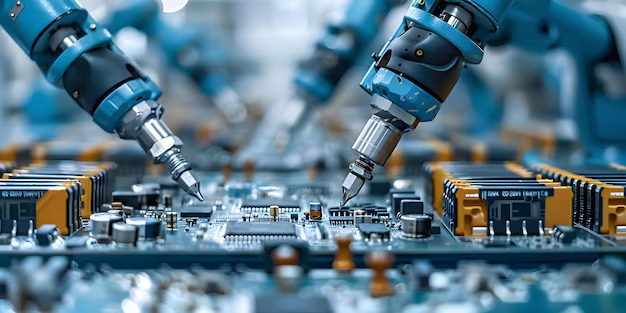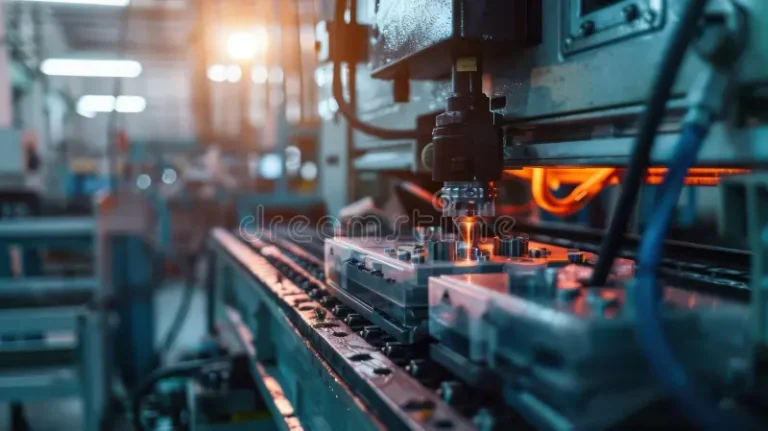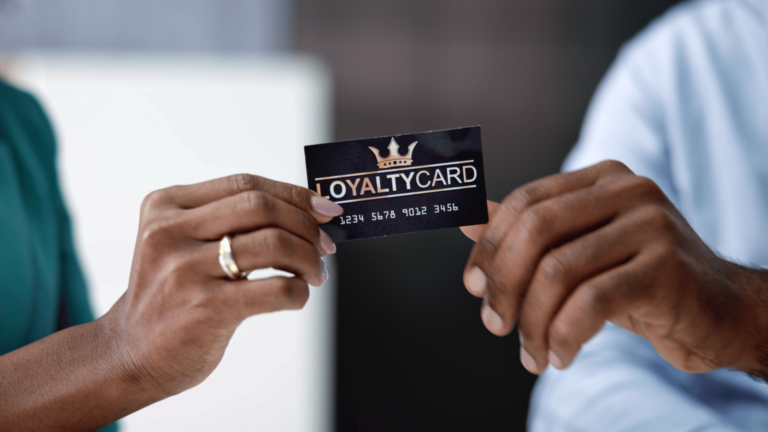In the world of technology, batteries are crucial. They power everything from your smartphone to your electric scooter. Among the various types of batteries, lithium polymer batteries and lithium-ion batteries are popular choices. But what makes them different? Let’s explore the differences between lithium polymer battery vs ion batteries and see how each one stacks up.
What Are Lithium Polymer Batteries?
Lithium polymer batteries, often called LiPo batteries, are a type of rechargeable battery. They use a polymer electrolyte instead of the liquid electrolyte found in other types of batteries. This gives them some unique advantages. LiPo batteries are lighter and can be shaped into different sizes and forms, which makes them ideal for many modern gadgets.
One of the biggest benefits of lithium polymer batteries is their flexibility. Because they use a solid or gel-like electrolyte, they can be made in various shapes and sizes. This is perfect for devices where space is limited, like drones and slim laptops. They also tend to have a higher energy density, meaning they can store more power for their size.
What Are Lithium-Ion Batteries?
Lithium-ion batteries, or Li-ion batteries, are another popular type of rechargeable battery. They use a liquid electrolyte and have been around for a while. Li-ion batteries are commonly used in smartphones, laptops, and electric vehicles. They are known for their long life and reliability.
One of the main advantages of lithium-ion batteries is their efficiency. They have a high energy density, which allows them to store a lot of power without being too bulky. They also have a longer lifespan compared to many other batteries, which means they can be recharged many times before they start to lose their effectiveness.
Comparing Lithium Polymer Battery vs Ion Batteries
When comparing lithium polymer battery vs ion batteries, there are several factors to consider. Let’s break down the key differences:
- 1. Size and Shape: Lithium polymer batteries are more flexible in terms of size and shape. They can be made to fit specific spaces in gadgets, which is a big advantage for compact or uniquely shaped devices. Lithium-ion batteries, on the other hand, have a more rigid structure and come in standard shapes and sizes.
- 2. Weight: LiPo batteries are generally lighter than Li-ion batteries. This makes them a popular choice for devices where weight is a critical factor, such as in drones or portable electronics.
- 3. Energy Density: Both types of batteries have high energy densities, but lithium-ion batteries typically have a slight edge in this area. This means that for the same size, Li-ion batteries can store a bit more power.
- 4. Safety: Lithium polymer batteries are considered safer in some cases because they are less likely to leak or explode if damaged. However, both types of batteries should be handled carefully to avoid accidents.
- 5. Cost: Generally, lithium-ion batteries are less expensive than lithium polymer batteries. This is because the manufacturing process for Li-ion batteries is more established and less costly.
- 6. Lifespan: Lithium-ion batteries tend to have a longer lifespan than lithium polymer batteries. They can be charged and discharged many times before their performance starts to decline.
Applications of Lithium Polymer Batteries
Lithium polymer batteries are used in a variety of applications where flexibility and lightweight design are important. Here are a few examples:
- 1. Drones: The lightweight and customizable nature of LiPo batteries makes them perfect for drones. They help keep the drone’s overall weight down while providing the necessary power for flight.
- 2. Remote-Controlled Devices: Many remote-controlled cars and boats use LiPo batteries. Their ability to deliver high power output makes them ideal for these high-performance devices.
- 3. Slim Electronics: Gadgets like slim smartphones and tablets often use lithium polymer batteries. The ability to shape the battery to fit into a small space is a significant advantage.
Applications of Lithium-Ion Batteries
Lithium-ion batteries are widely used in everyday devices. Their long life and efficiency make them a popular choice. Here are some common applications:
- 1. Smartphones: Most smartphones use lithium-ion batteries because they provide long battery life and are relatively compact.
- 2. Laptops: Laptops rely on Li-ion batteries to offer long-lasting power for extended use. The high energy density helps keep the laptop light and portable.
- 3. Electric Vehicles: Many electric cars use lithium-ion batteries. Their ability to store a lot of power helps electric vehicles travel long distances on a single charge.
Choosing the Right Battery for Your Needs
When deciding between lithium polymer battery vs ion batteries, it’s important to consider what you need the battery for. If you need a lightweight, flexible battery for a compact device, lithium polymer might be the better choice. If you want a battery that lasts a long time and is more cost-effective, lithium-ion could be the way to go.
- 1. For High Performance and Customization: If your device needs a high-performance battery that can be shaped to fit specific spaces, lithium polymer batteries are ideal. They are often used in applications where weight and size are crucial.
- 2. For Longevity and Cost-Effectiveness: If you are looking for a battery with a longer lifespan and a lower cost, lithium-ion batteries are a great option. They are commonly used in everyday devices where performance over time is important.
Conclusion
In the debate of lithium polymer battery vs ion, each type of battery has its own strengths and weaknesses. Lithium polymer batteries offer flexibility and lightweight design, making them perfect for specific applications like drones and slim gadgets. On the other hand, lithium-ion batteries are known for their efficiency, longevity, and cost-effectiveness, making them suitable for everyday devices such as smartphones and laptops.
Understanding the differences between these two types of batteries can help you make an informed decision based on your needs. Whether you’re designing a new gadget or choosing a battery for your current device, knowing the benefits and limitations of lithium polymer and lithium-ion batteries will guide you in making the best choice for your situation.








